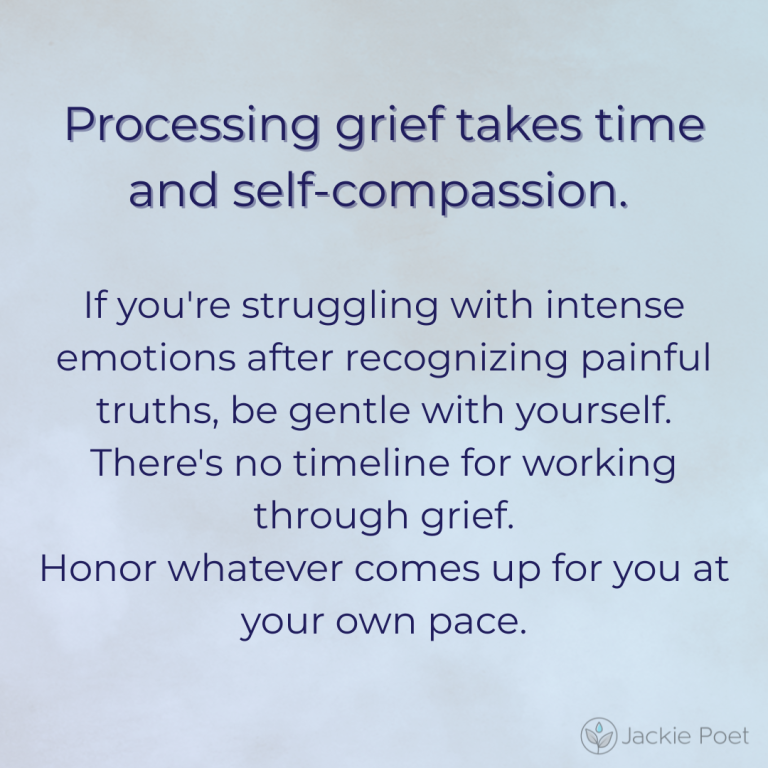One of the most challenging parts of healing from childhood trauma is dealing with external pressure to forgive those who hurt us. This pressure can come from many sources and can feel overwhelming.
Family members might pressure you to forgive “for the sake of family unity” or because “that’s just how they are.” Friends might suggest that holding onto hurt is “unhealthy” or that you need to “move on.” Religious or spiritual communities might emphasize forgiveness as a moral obligation or spiritual requirement.
Much of this pressure serves others’ comfort rather than your healing.
When family members push for forgiveness, they’re often trying to maintain a system that feels familiar to them, even if it’s dysfunctional. Friends might be uncomfortable with your pain or the reality of what you experienced.
These societal expectations around forgiveness developed because they generally help communities function.
However, what’s beneficial for society as a whole isn’t necessarily what’s best for your personal well-being. There’s a difference between forgiving a colleague who was rude to you and forgiving parents who abused or neglected you throughout your childhood.
The pressure to forgive can be particularly intense around family events, holidays, or during times of illness or crisis. You might hear phrases like “life is short,” “they’re family,” or “you’ll regret it if you don’t reconcile.”
Remember that your healing decisions should serve your wellbeing, not other people’s comfort or convenience. You have every right to prioritize your mental health and safety over others’ expectations or family dynamics.
It’s okay to set boundaries around these conversations. You might say something like “I appreciate your concern, but I need to focus on what’s healthy for me right now” or “This is something I’m working through in my own way and time.”
Your healing journey belongs to you alone.
If forgiveness ever feels right, it will come on your own timeline, not because anyone demanded it.
Continue your healing journey with Toxic by Jackie Poet a compassionate guide to understanding and overcoming the lasting effects of childhood trauma.







